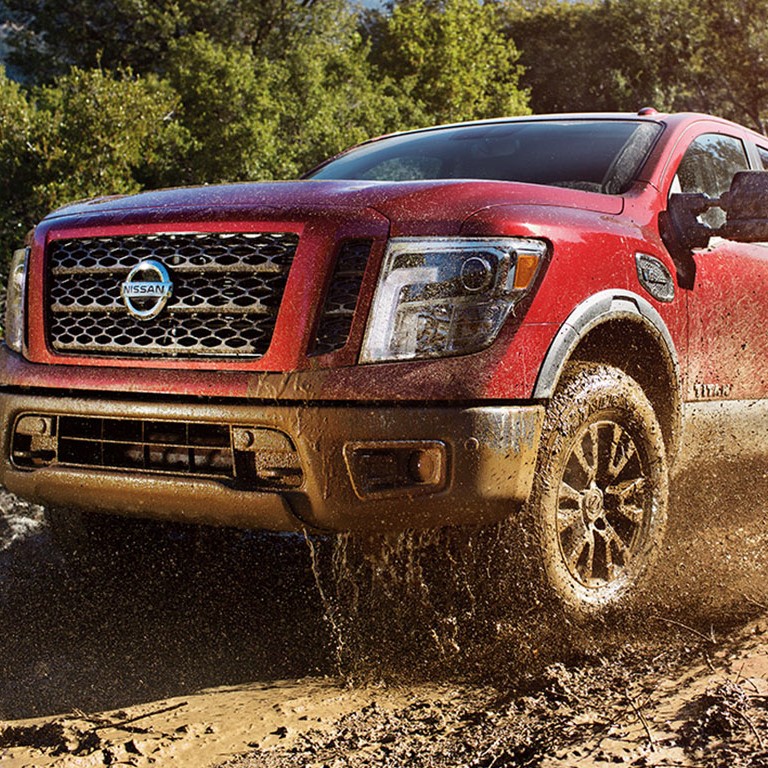Cars and Drivers
3 Reasons Why Renault Should Merge With Nissan

Published:
Last Updated:

In the past day, there have been rumors that Nissan and Renault may merge. The speculation was first reported by Bloomberg. One theory is that a merger would create a single stock to be traded on global markets. The other is that it is the handiwork of the longtime CEO of both companies, Carlos Ghosn. Neither of those is the primary reason. The need for scale in a global car market dominated by Volkswagen, Toyota Motor Corp. (NYSE: TM) and General Motors Co. (NYSE: GM) is.
There is already cross-ownership between the two companies because each owns shares in the other. Maybe that would make a deal easier. Ghosn is considered among the greatest car manufacturers of his generation.
More to the point, its three large rivals each produced about 10 million cars and light trucks last year. Renault made 3.4 million and Nissan made 5.6 million. VW, Toyota and GM have global manufacturing networks that allow them to make cars in one market and ship them to another. Their R&D and product development operations also can be leveraged worldwide. Some cars sold across the globe are made on one platform, which means more duplication of parts and assembly. And global branding also leads to marketing efficiency. A good example of this is the Toyota Prius.
Also, GM, Toyota and VW have model lines so large they can appeal across the demographic map. For instance, VW owns Audi and Porsche and nine other brands.
One sign that scale is terribly important in the car industry is the repeated effort of Fiat Chrysler Automobiles N.V. (NYSE: FCAU) CEO Sergio Marchionne to find a partner. He says he has had preliminary talks with several large companies. He even publicly proposed a merger with GM. Among the reasons was that a new company would have better access to capital. Presumably, a combined balance sheet would get better ratings from credit agencies. The combination also would allow for huge cost cuts.
Marchionne saw years ago what Ghosn sees now. Being midsized in the global car industry may be untenable over time.
The thought of burdening your family with a financial disaster is most Americans’ nightmare. However, recent studies show that over 100 million Americans still don’t have proper life insurance in the event they pass away.
Life insurance can bring peace of mind – ensuring your loved ones are safeguarded against unforeseen expenses and debts. With premiums often lower than expected and a variety of plans tailored to different life stages and health conditions, securing a policy is more accessible than ever.
A quick, no-obligation quote can provide valuable insight into what’s available and what might best suit your family’s needs. Life insurance is a simple step you can take today to help secure peace of mind for your loved ones tomorrow.
Click here to learn how to get a quote in just a few minutes.
Thank you for reading! Have some feedback for us?
Contact the 24/7 Wall St. editorial team.